Hi there, pet lovers! 🦜
Rosellas (genus Platycercus) are among the most striking parrots in the world, admired for their brilliant plumage, lively personality, and melodic whistles. Native to Australia, these medium-sized parrots are common in aviculture but can be a challenge as pets due to their high energy and independent nature.
In this detailed review, we’ll explore everything about rosellas—from their temperament and daily care to costs, health, and long-term commitment. Whether you’re considering bringing one home or simply curious, this guide will help you decide if the rosella is the right bird for you.
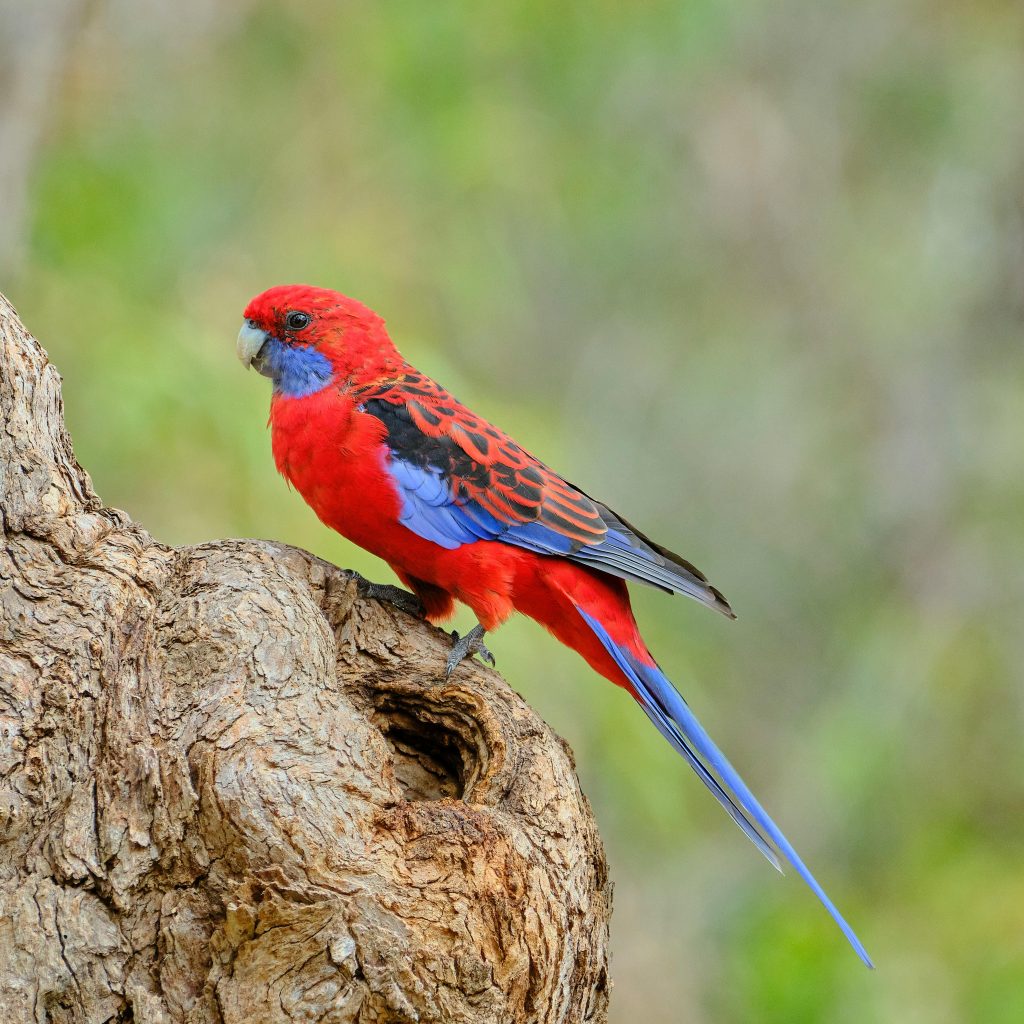
Overview
Rosellas are medium-sized parrots known for their vivid colors and energetic lifestyle. They are admired as aviary birds but can be difficult as tame pets. Here’s a quick breakdown of what makes them unique:
- Handling and Temperament: Beautiful but often hands-off; not cuddly, can become aggressive.
- Care and Maintenance: Require a large aviary or flight space; very active fliers.
- Health and Durability: Hardy in general but prone to worms, fungal infections, and psittacosis.
- Availability: Widely available through breeders and bird markets.
- Cost: Moderately priced but aviary setup can be expensive.
- Overall: Stunning parrots best suited for experienced bird keepers with plenty of space.
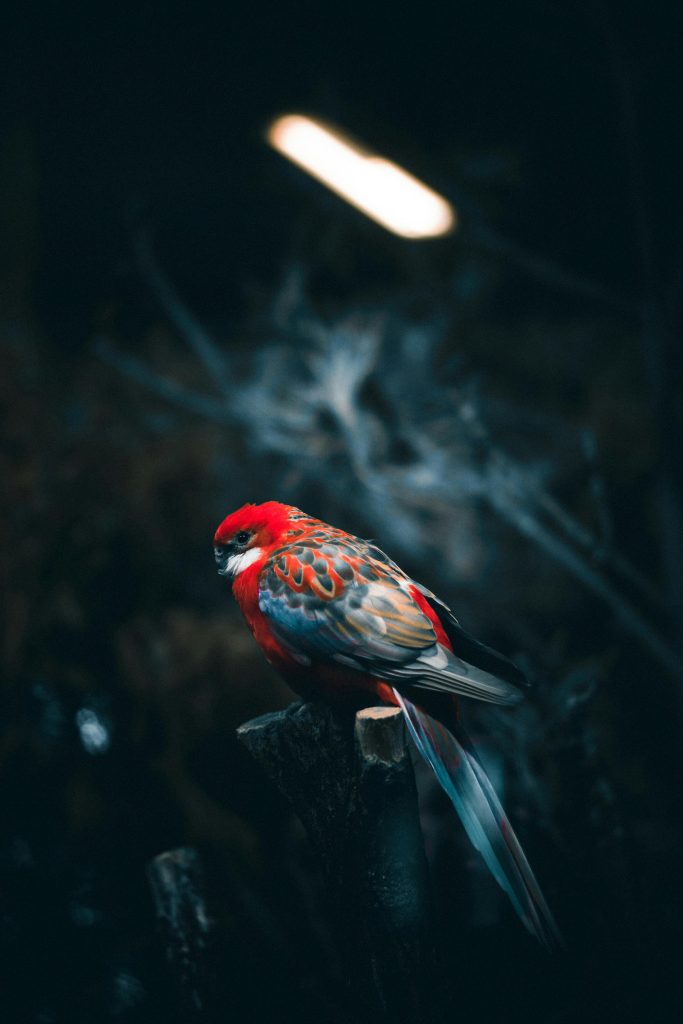
Why Choose a Rosella?
Rosellas are often chosen for their brilliant colors, intelligence, and whistling ability. Their striking red, yellow, green, and blue feathers make them some of the most visually appealing parrots in captivity. They are also long-lived, with a lifespan of 15–20 years in captivity when properly cared for.
Unlike cuddly parrots such as cockatiels or conures, rosellas are more independent and flighty, making them better suited for bird keepers who enjoy observing natural behaviors rather than constant physical interaction. They are excellent aviary birds, filling the space with activity, beauty, and whistles.
However, they are not ideal for everyone. Potential owners must understand that rosellas need ample flight space, daily stimulation, and freedom to move. Keeping them confined in a small cage often leads to feather plucking, aggression, and depression.
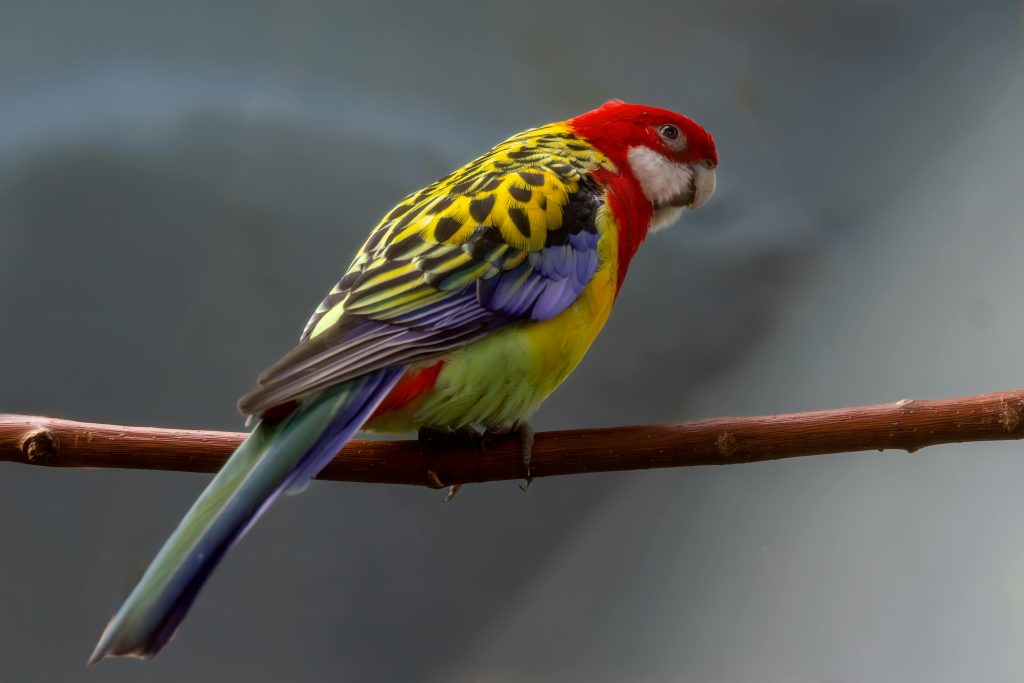
Handling and Temperament
Rosellas are best described as hands-off parrots. While they can be hand-raised as chicks, most tend to grow more independent and may even become aggressive toward handling once mature.
General Behavior
- Very flighty and energetic, always on the move.
- Rarely enjoy being cuddled or touched.
- Known for their whistling ability, often learning tunes, mimicking household sounds, or imitating alarms.
- Can be territorial and aggressive toward other birds, especially during breeding season.
Temperament Considerations
- Not cuddly: Owners seeking a shoulder-sitting, affectionate parrot may be disappointed.
- Smart but stubborn: Rosellas are intelligent and can learn tricks, whistles, and even words, but they require patience.
- Potential aggression: Mature rosellas often bite if handled against their will, and pairs can be aggressive toward cage mates.
Overall, rosellas are stunning to watch and listen to, but not recommended as hands-on companion birds. They are better suited to those who appreciate birds for their natural beauty and behaviors.
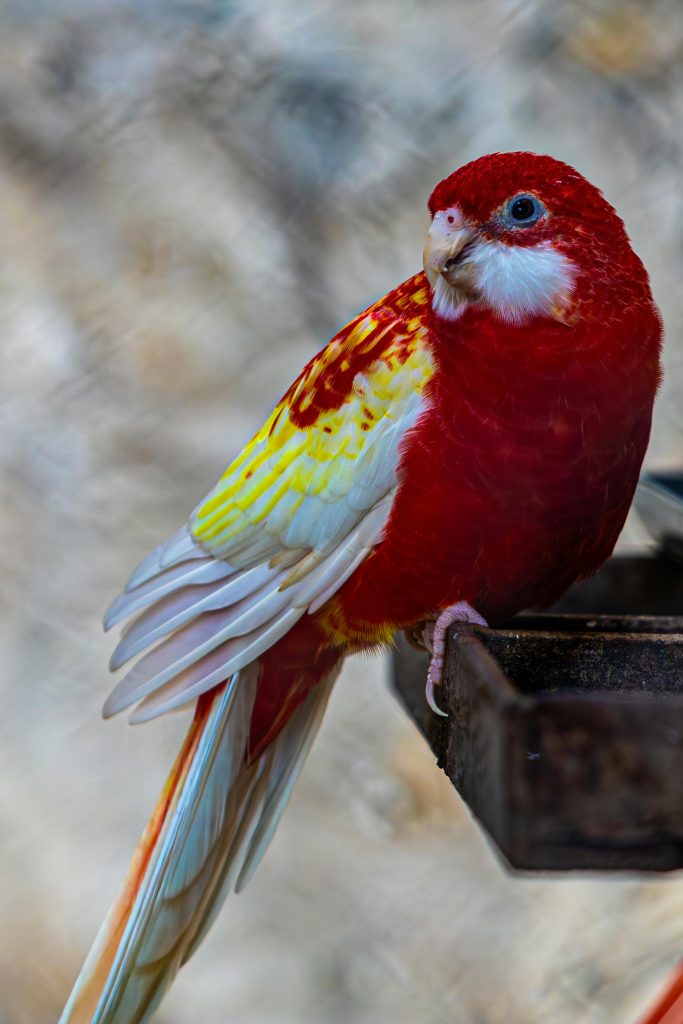
Care and Maintenance
Rosellas require spacious environments, enrichment, and careful attention to diet. Unlike smaller parrots that can thrive in cages, rosellas do best in large aviaries where they can exercise fully.
Enclosure Setup
- Size: At least 6–10 feet long flight cage or outdoor aviary is recommended. A standard parrot cage is not suitable.
- Bar Spacing: Around ½ inch to prevent escape or injury.
- Perches and Toys: Provide natural branches, shredding toys, and chewable wood. They love softer wood and toys they can destroy.
- Bathing: Daily or near-daily bathing opportunities are essential, as rosellas enjoy water and need clean feathers.
Environmental Needs
- Flight Space: Rosellas are flying machines, requiring long stretches to fly back and forth.
- Lighting: Natural sunlight is important for Vitamin D production. If indoors, a full-spectrum bird light should be used.
- Sleep: Around 10–12 hours of uninterrupted rest per night in a quiet space.
Daily Care Basics
- Clean food and water dishes daily.
- Change cage linings and remove leftover food.
- Deep clean the aviary or cage weekly.
Without proper space and stimulation, rosellas quickly become stressed, leading to behavioral and health issues.
Diet and Feeding
Rosellas are opportunistic eaters in the wild, consuming a wide variety of foods, including:
- Seeds and grasses
- Fruits and berries
- Blossoms and buds
- Insects and larvae
In captivity, their diet should reflect this variety.
Recommended Diet
- Pellets: A high-quality pelleted diet as the staple base.
- Seeds: A small portion of seed mix (often cockatiel mix) is acceptable but should not be the main diet.
- Fresh Vegetables: Leafy greens, carrots, broccoli, bell peppers, and sprouts.
- Fruits: Offered sparingly, as excess fruit sugar can make them hyper. Apples, berries, and melon are good options.
- Treats: Spray millet, used primarily for training.
Feeding Routine
- Provide fresh water daily, changed multiple times if food is dipped.
- Offer fresh chop mixes of vegetables and grains regularly.
- Supplement with calcium sources and cuttlebone as needed.
Balanced feeding is crucial, as rosellas are prone to obesity and nutritional deficiencies if overfed on seeds.
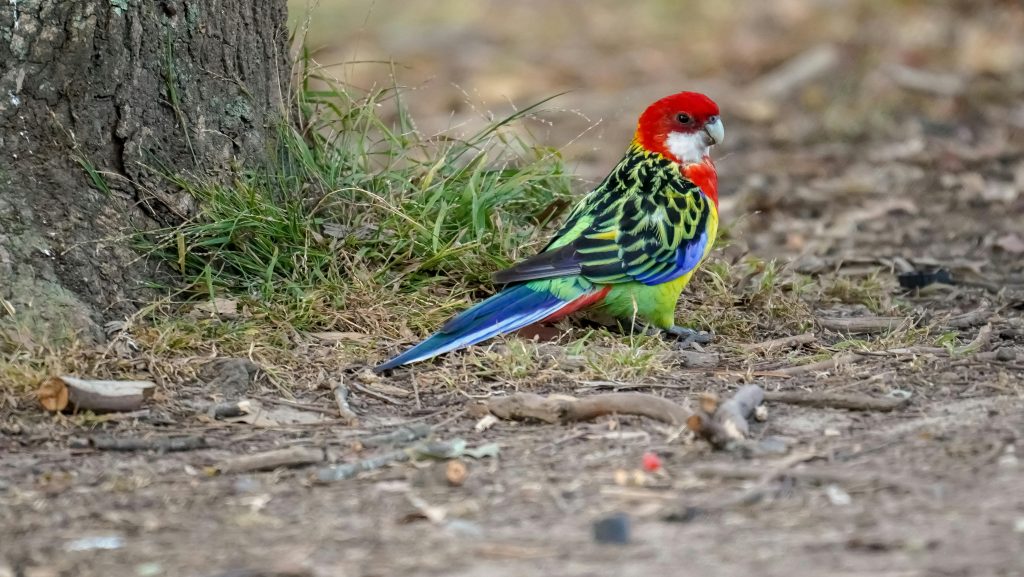
Health and Durability
Rosellas are generally hardy but can develop health problems if not provided with proper care.
Common Health Concerns
- Intestinal Worms: Especially if kept in outdoor aviaries with natural ground. Regular deworming is advised.
- Fungal Infections: Resulting from damp or poorly ventilated enclosures.
- Psittacosis (Parrot Fever): A bacterial infection that can spread to humans.
- Feather Plucking: Often caused by stress, boredom, or confinement.
Preventative Care
- Schedule regular vet checkups with an avian veterinarian.
- Maintain a clean living environment to prevent infections.
- Provide a balanced diet to support strong immunity.
- Allow daily exercise and bathing to promote overall wellness.
With proper care, rosellas can live 15–20 years, making them a long-term commitment.
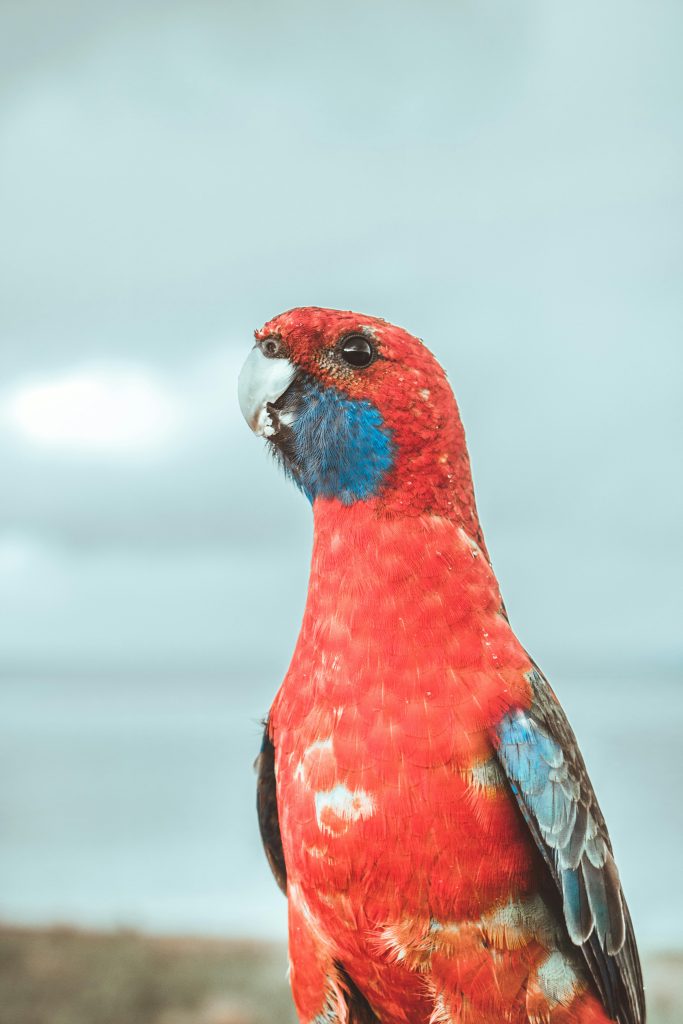
Availability and Cost
Rosellas are relatively easy to find due to their popularity in aviculture.
Where to Buy
- Breeders: The best option, ensuring hand-raised and healthy birds.
- Bird Markets/Expos: Offer a variety of rosella species and mutations.
- Pet Shops: Available, though often less socialized than breeder-raised birds.
Cost
- Purchase Price: Standard rosellas such as Eastern Rosellas typically cost $200–$600, while rare mutations can exceed $1,000.
- Setup Cost: A large aviary setup may cost $500–$2,000+, depending on size and materials.
- Ongoing Costs: Food, toys, vet care, and cleaning supplies average $50–$100 monthly.
While the bird itself may not be overly expensive, the housing requirements are significant and must be considered.
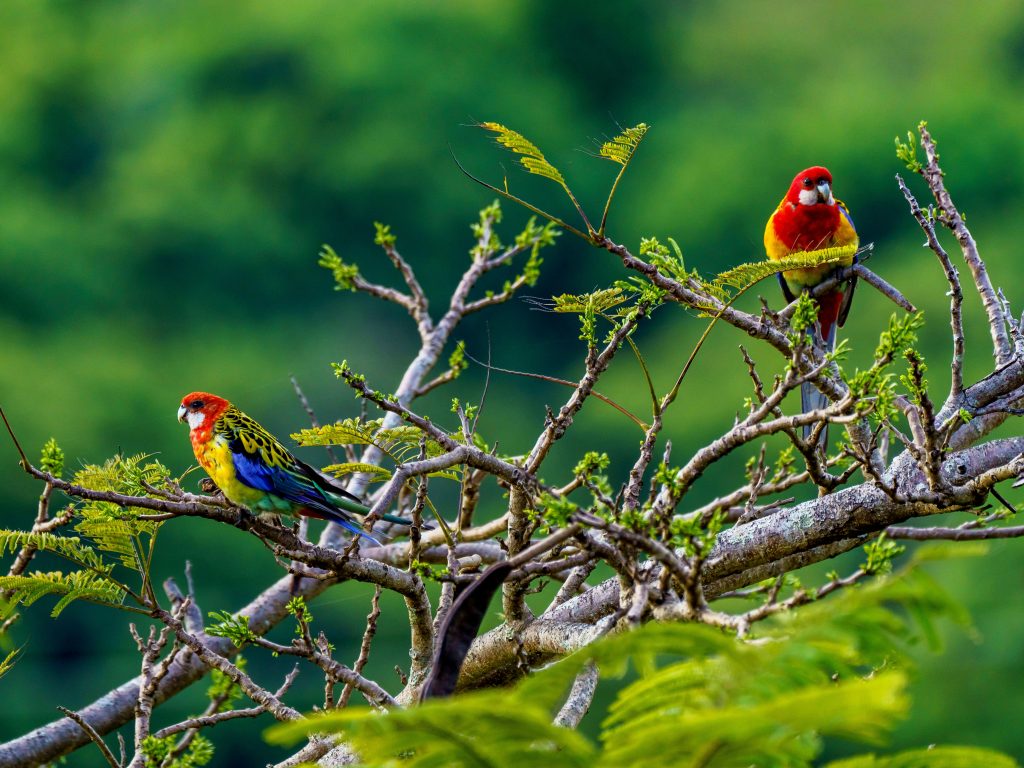
Pros and Cons
Pros
- Strikingly beautiful, with vivid red, yellow, blue, and green feathers.
- Excellent whistlers and mimics of sounds.
- Hardy and long-lived when well cared for.
- Active and engaging to watch in an aviary.
Cons
- Not cuddly or affectionate; generally dislike handling.
- Require large aviaries, not small cages.
- Can be aggressive to other birds, especially during breeding season.
- Prone to feather plucking if bored or confined.
- Potential for loud whistles and mimicry of alarms or household noises.
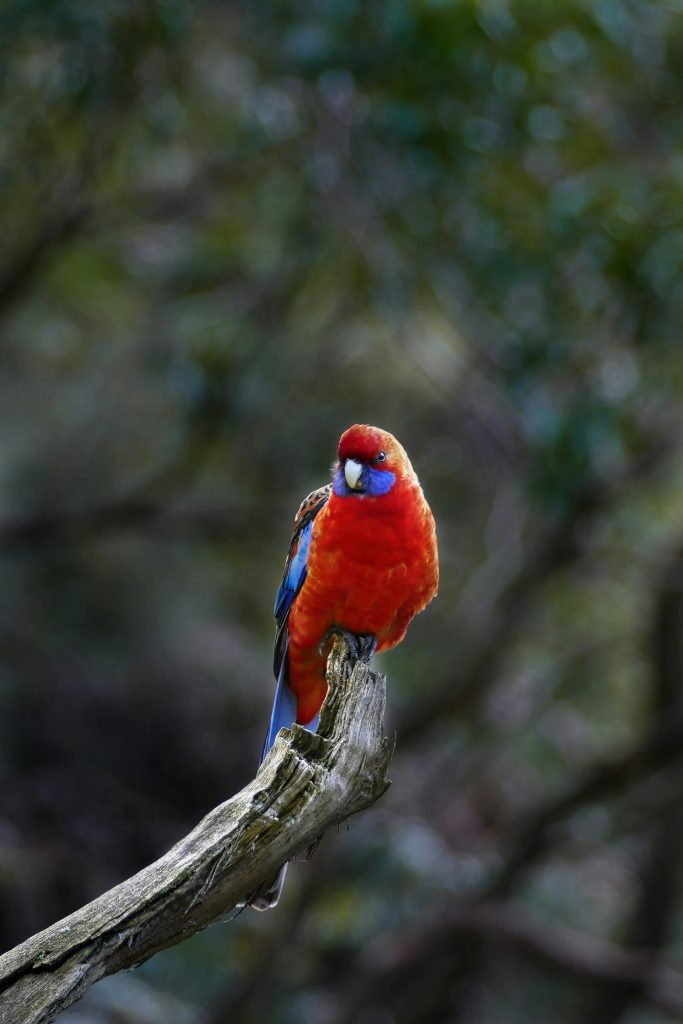
Final Thoughts
Rosellas are among the most beautiful parrots kept in captivity, admired for their dazzling plumage and melodic whistles. However, they are not beginner-friendly companion birds. These parrots require ample flight space, mental stimulation, and careful management to thrive.
For those with space for a large aviary and a preference for observing natural parrot behavior rather than constant hands-on interaction, rosellas are a rewarding choice. Their vibrant presence, intelligence, and whistling talents make them fascinating birds to keep.
On the other hand, those seeking a cuddly or shoulder-sitting pet parrot may find rosellas challenging. Their independence, flighty nature, and potential aggression make them less suited as close companions.
In short, rosellas are best appreciated for what they are: brilliant, energetic aviary parrots that bring color, sound, and vitality into any bird lover’s life.
Have you had experience with rosellas? Share your thoughts and tips in the comments—we’d love to hear your stories!
For more parrot care reviews and guides, stay tuned to our blog and subscribe for future updates. 🦜

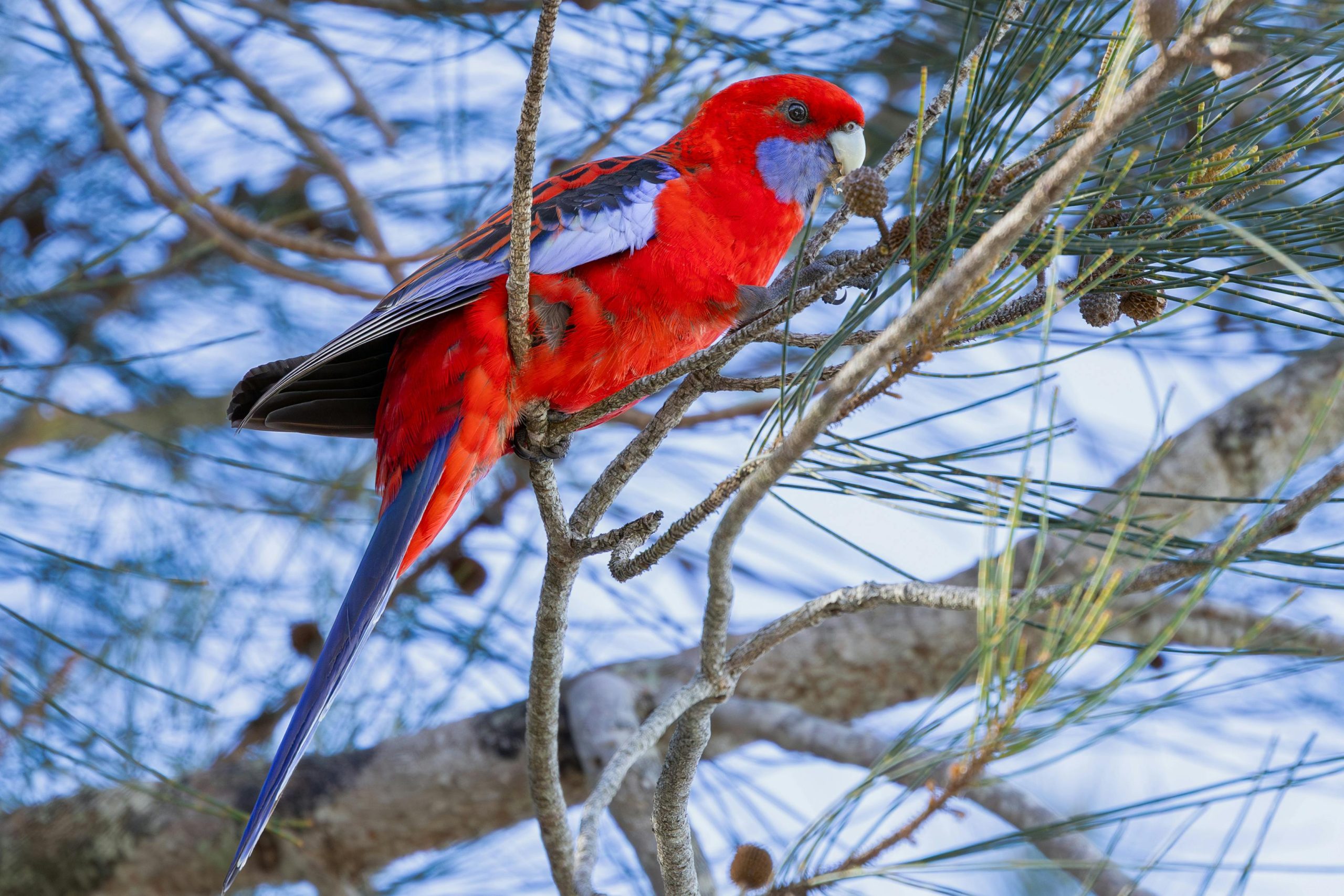

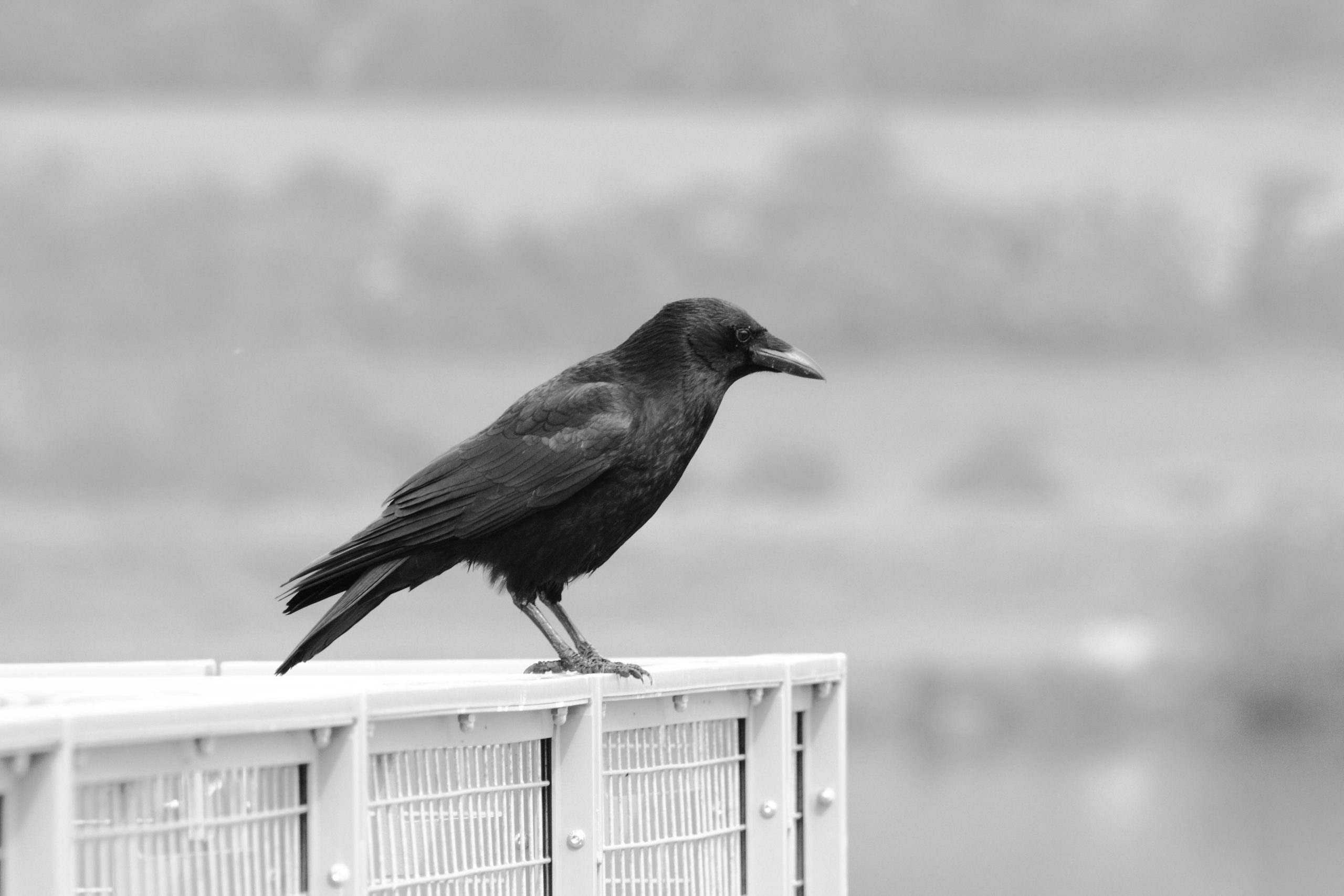
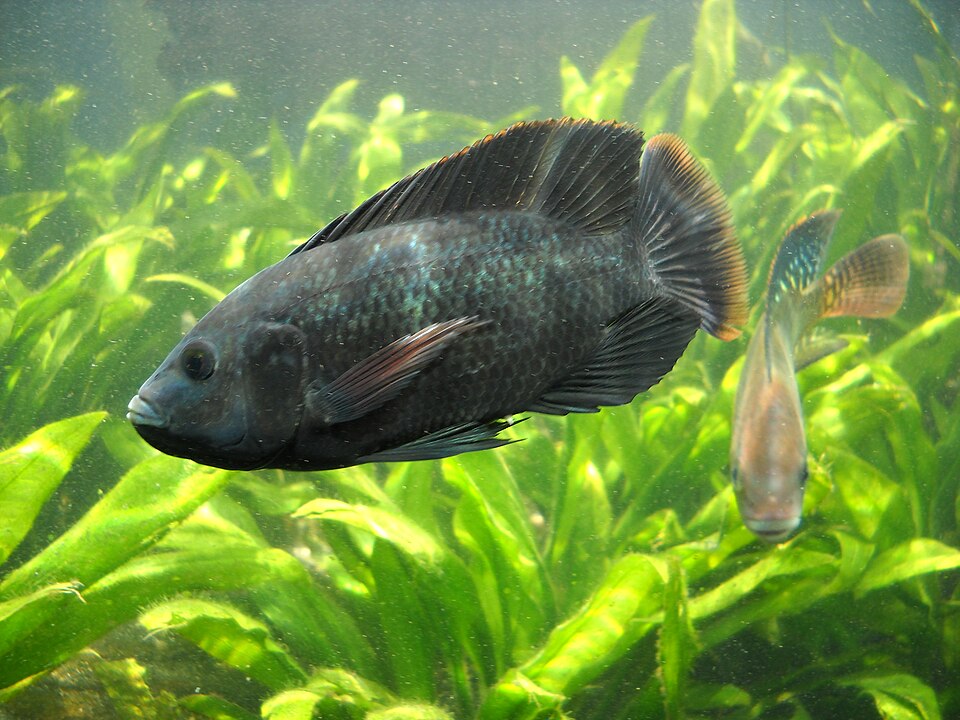
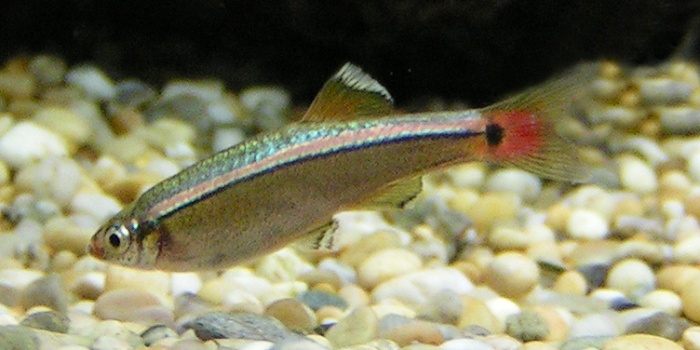
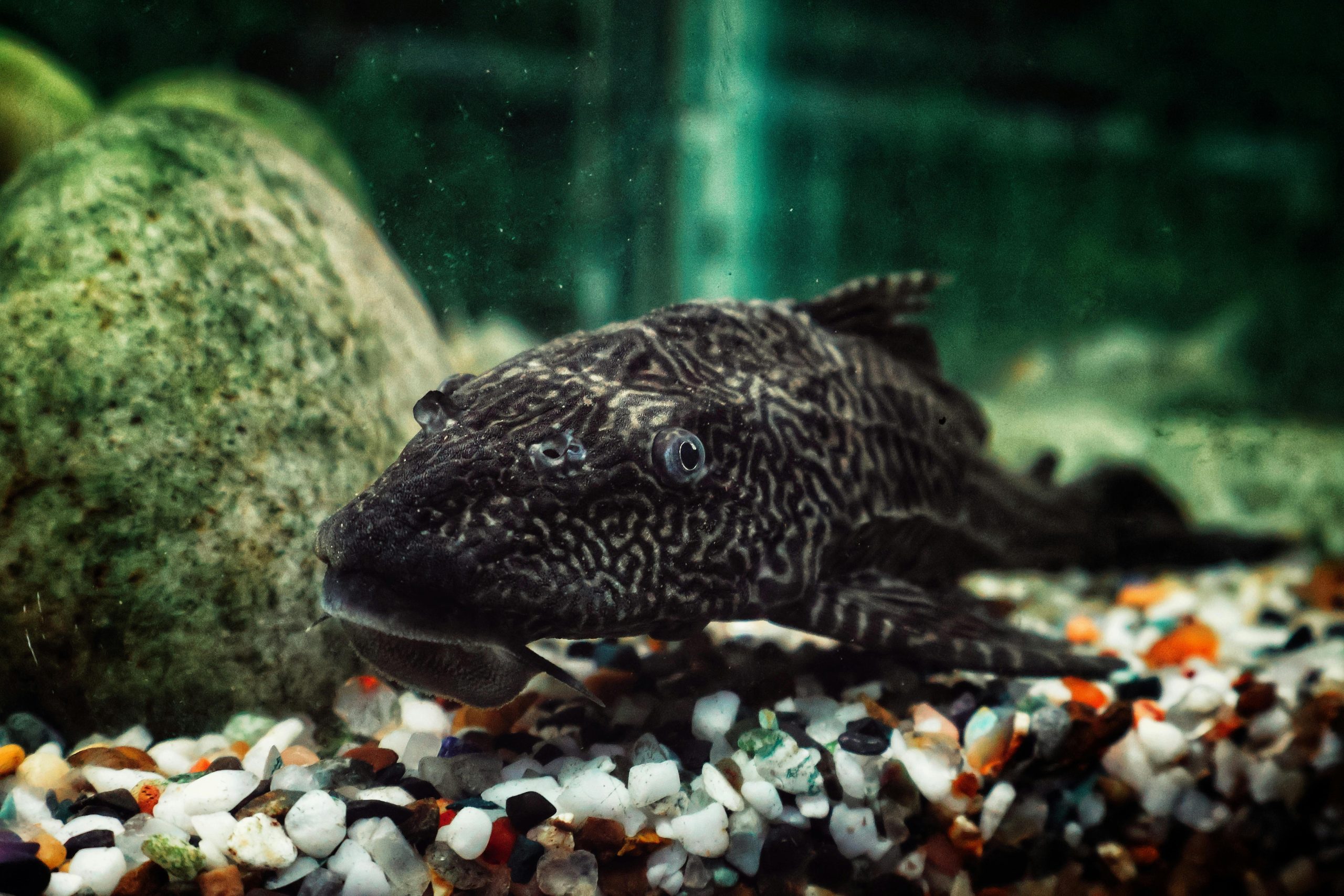
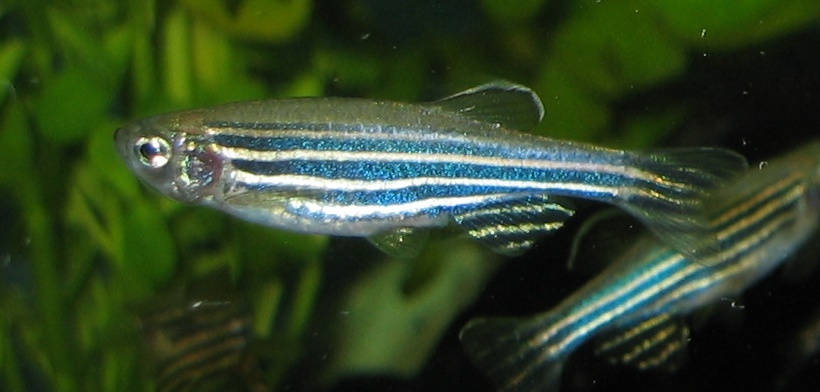
Leave a Reply